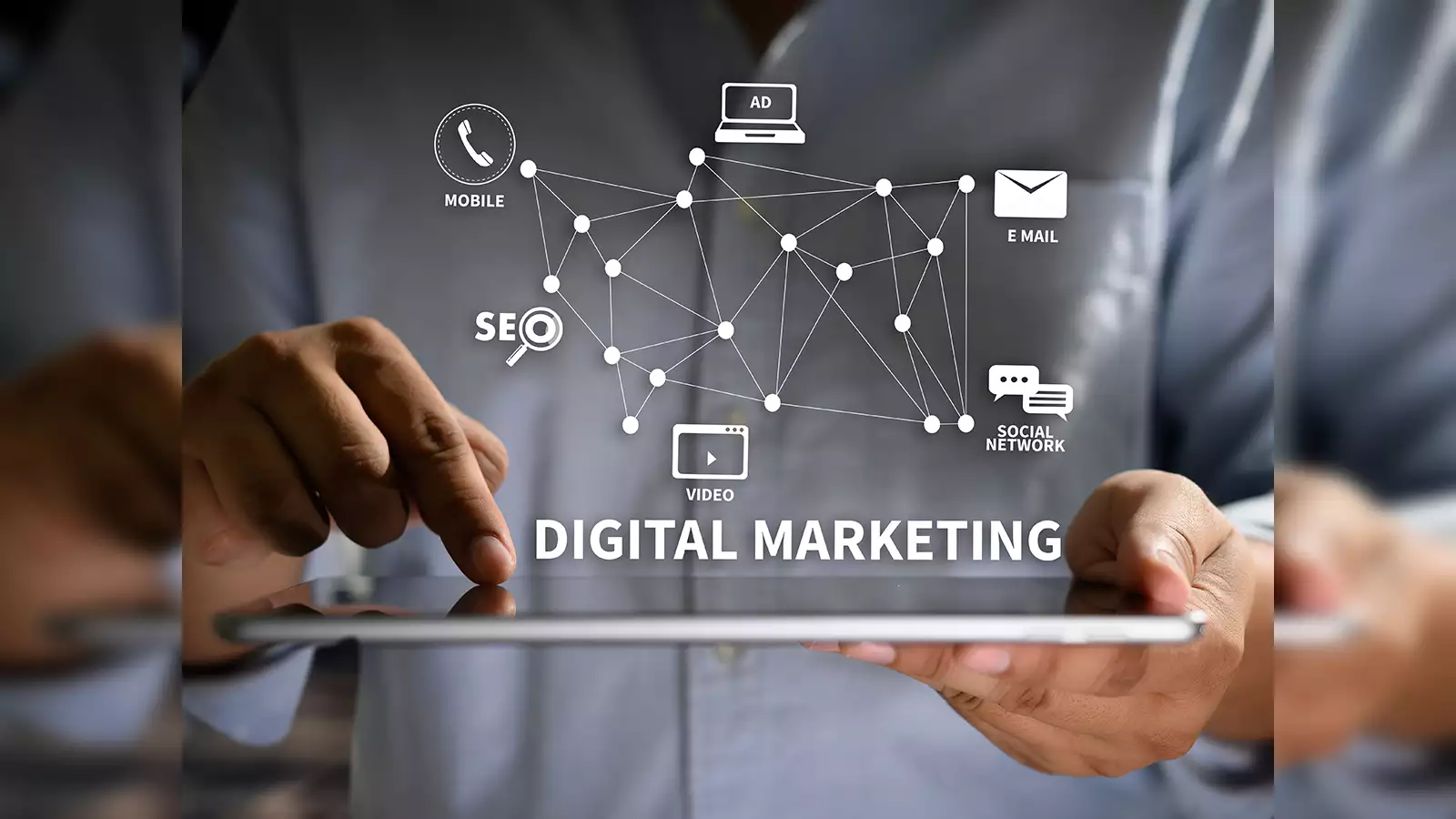
Digital Marketing
Digital marketing, online marketing, internet advertising…whatever you call it, marketing your company online is a big deal these days. After all, internet usage has more than doubled over the past decade and this shift has massively affected how people purchase products and interact with businesses.
So, what is digital marketing? Digital marketing is like any other type of marketing—it’s a way to connect with and influence your potential customers. The real difference is, you connect with and influence those customers online.
What is Digital Marketing?
Basically, digital marketing refers to any online marketing efforts or assets. Email marketing, pay-per-click advertising, social media marketing and even blogging are all great examples of digital marketing—they help introduce people to your company and convince them to buy.
DIGITAL MARKETING ASSETS
Almost anything can be a digital marketing asset. It simply needs to be a marketing tool you use online. That being said, many people don’t realize how many digital marketing assets they have at their disposal. Here are just a few examples:
- Branded assets (logos, icons, acronyms, etc)
- Video content (video ads, product demos, etc)
- Images (infographics, product shots, company photos, etc)
- Written content (blog posts, eBooks, product descriptions, testimonials, etc)
- Reviews
- Social media pages
As you can probably imagine, this list just scratches the surface. Most digital marketing assets will fall into one of these categories, but clever marketers are constantly coming up with new ways to reach customers online, so the list keeps growing!
PAY-PER-CLICK ADVERTISING
Pay-per-click (PPC) advertising is actually a broad term that covers any type of digital marketing where you pay for every user who clicks on an ad. For example, Google AdWords is a form of PPC advertising called “paid search advertising” (which we’ll go over in a second). Facebook Ads are another form of PPC advertising called “paid social media advertising” (again, we’ll get into that shortly).
SEARCH ENGINE OPTIMIZATION (SEO)
If you don’t want to pay to show up in the SERPs, you can also use search engine optimization (SEO) to try and rank pages or blog posts on your site organically. You don’t have to pay directly for every click, but getting a page to rank usually takes quite a bit of time and effort (for a more in-depth comparison of paid search and SEO, check out this article).